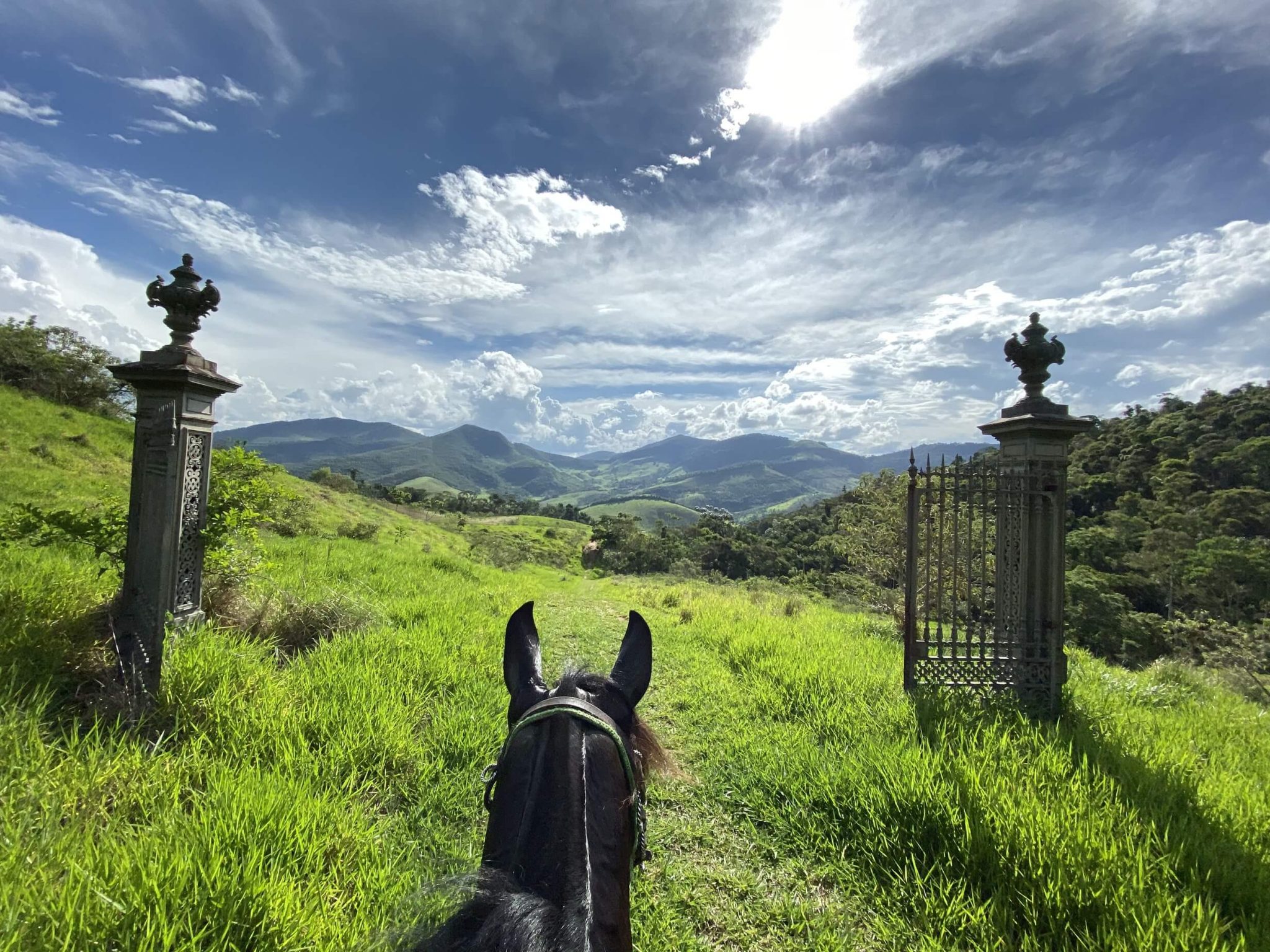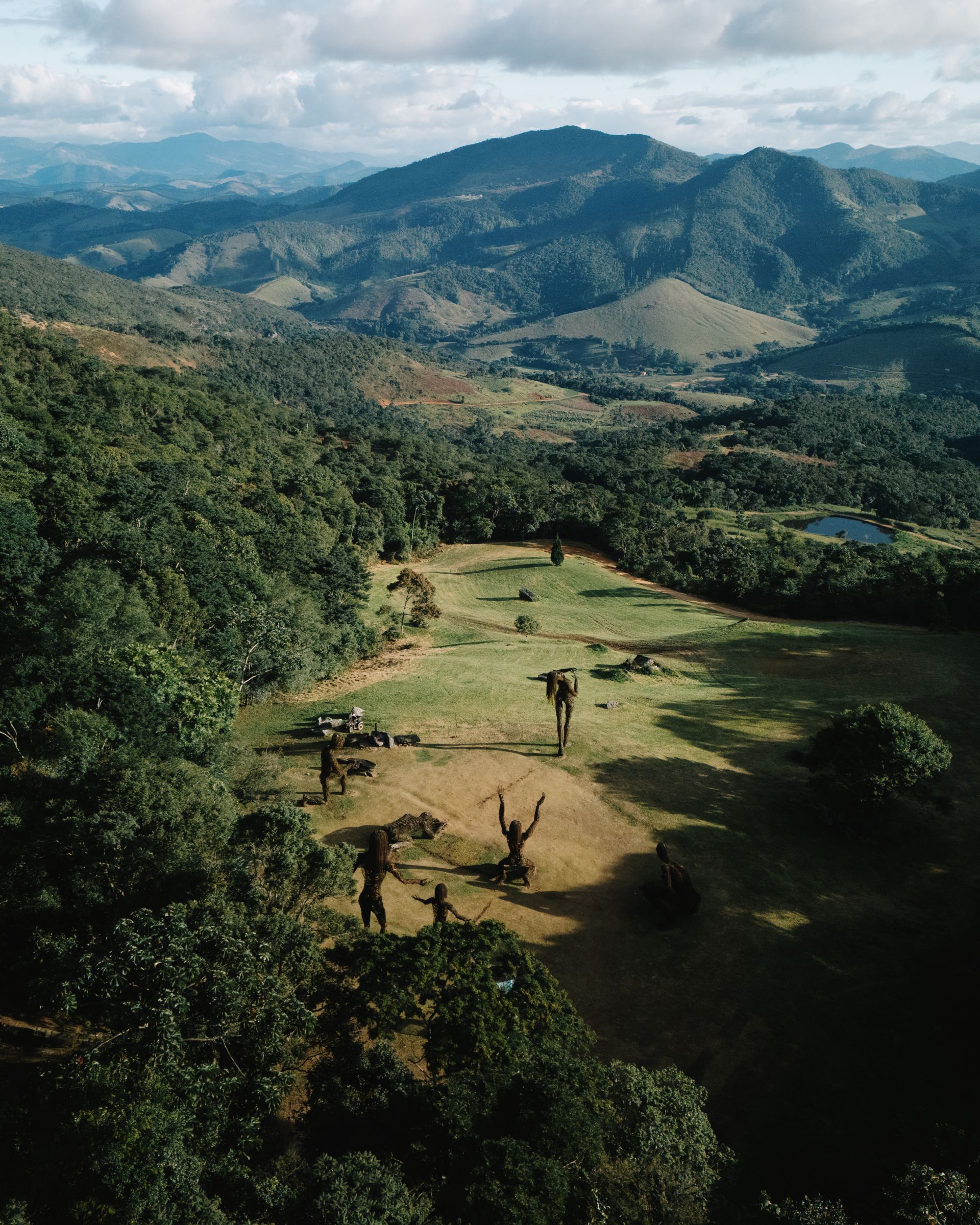
Ibiti Projecto is a socio-environmental project focused on another way of inhabiting the planet, respectful and regenerative. Here, immersive and authentic hospitality serves a wider project: rewilding of 6,000 hectares, reintroduction of endangered species, sustainable production of organic food and the revival of a rural community. Premium eco-tourism experiences are transformative both to the travelers and to the place). Ibiti Projecto is a testimony that authentic place-based development can generate measurable social and environmental impact as well as financial returns.
To establish IbiLand as the first Living Lab in a global regenerative hospitality movement – a demonstrator of how hospitality can be a catalyst for regeneration of ecosystems, culture and communities, as well as a driver for inclusive prosperity. The Lab will be a learning and prototyping space to co-create methods and replicate net-positive hospitality practices worldwide.
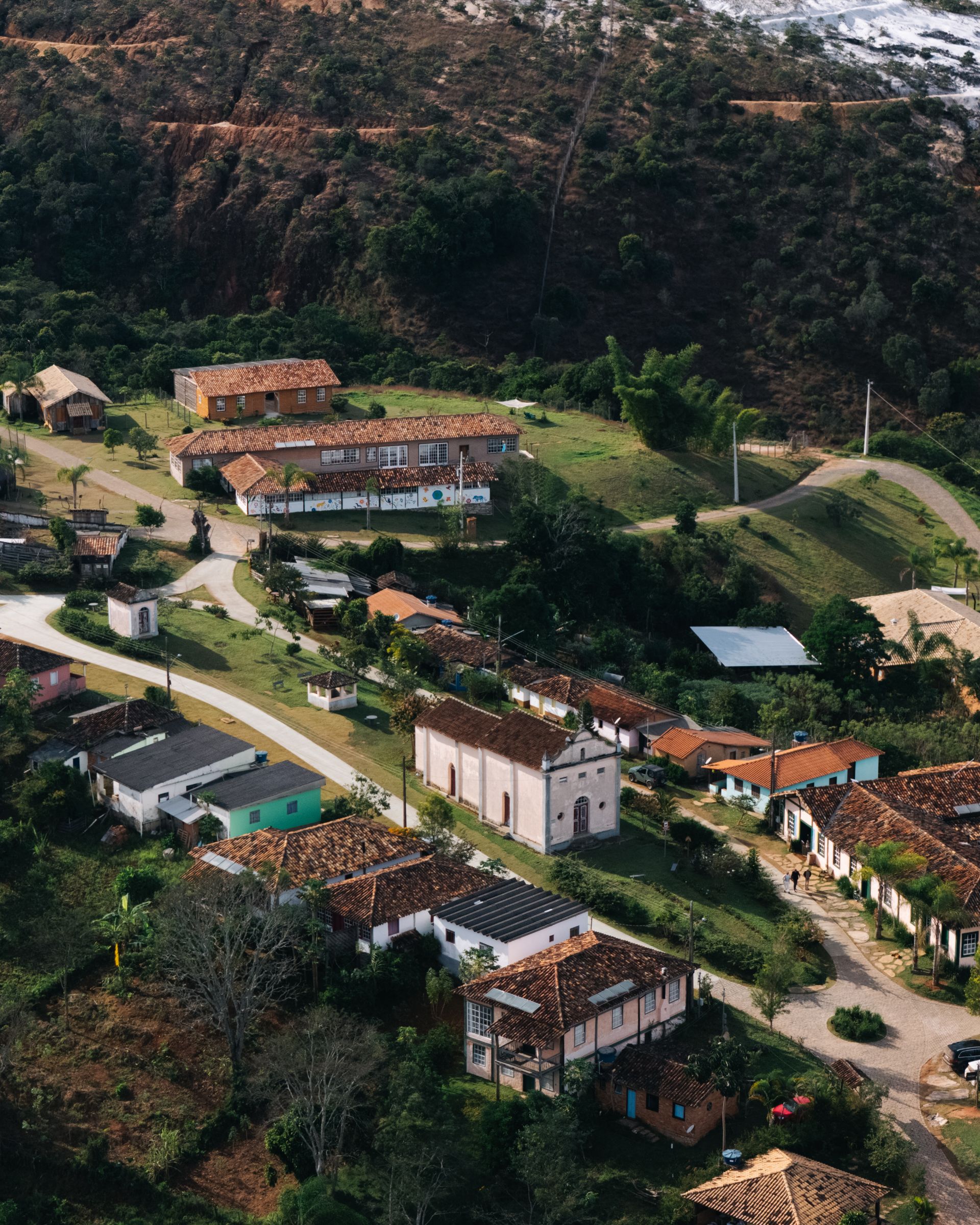
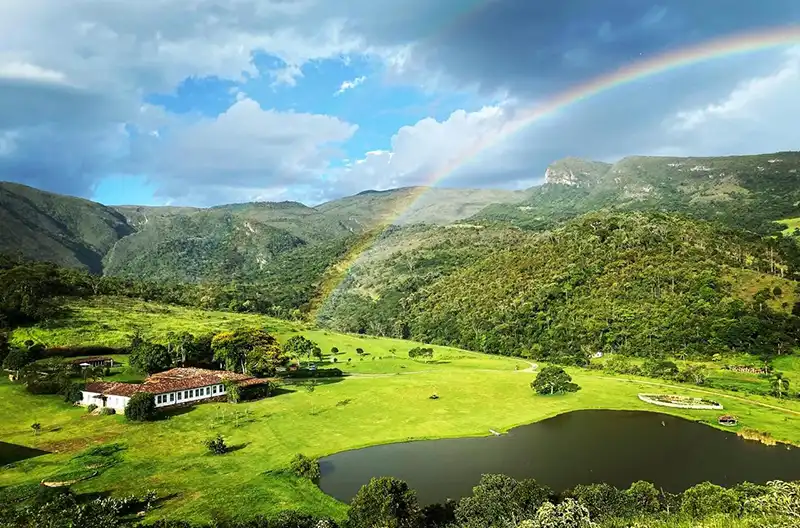
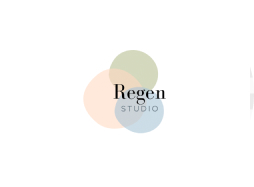
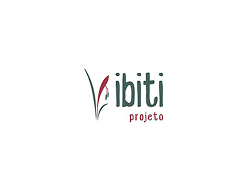
The project resulted in significant outputs and outcomes
